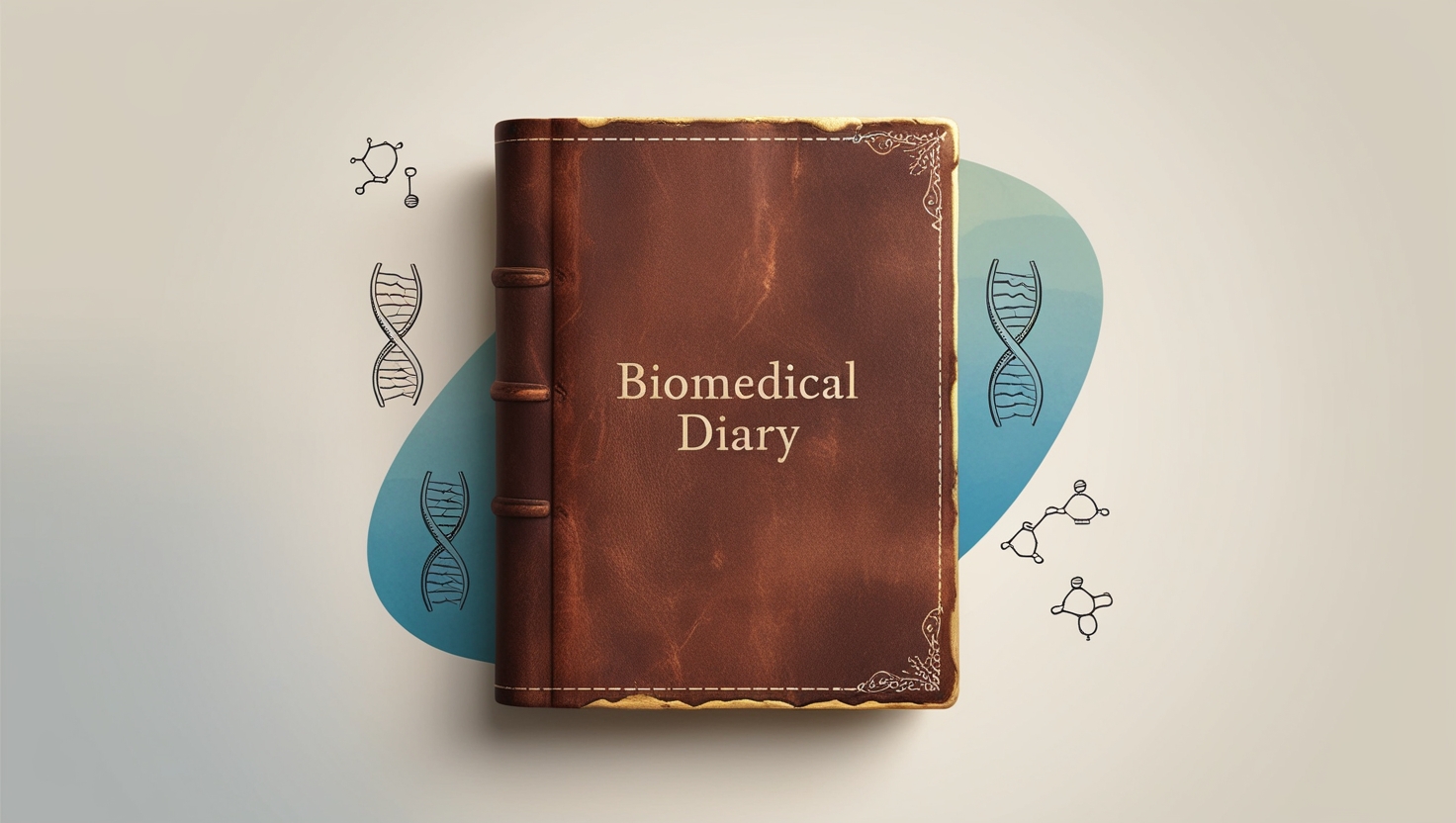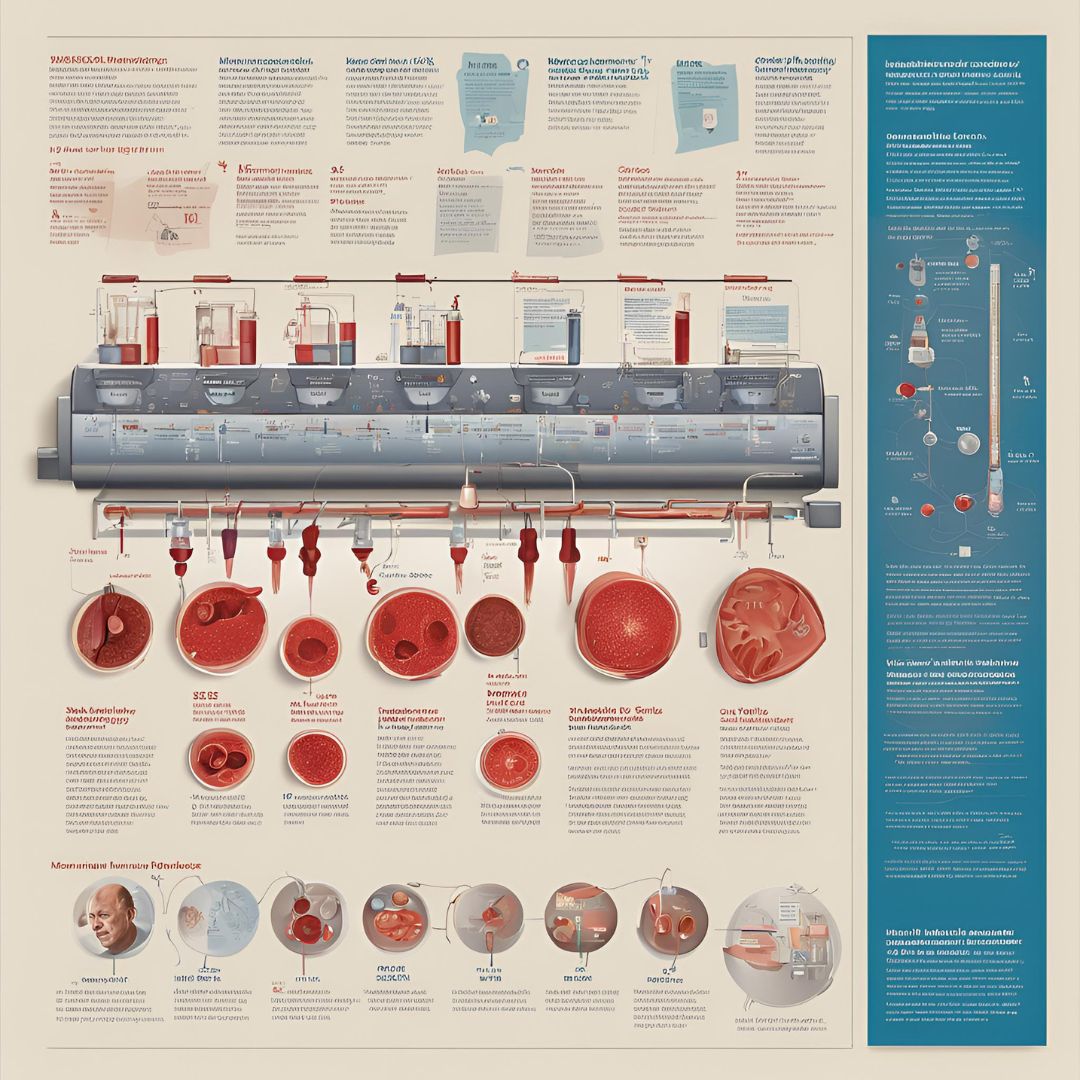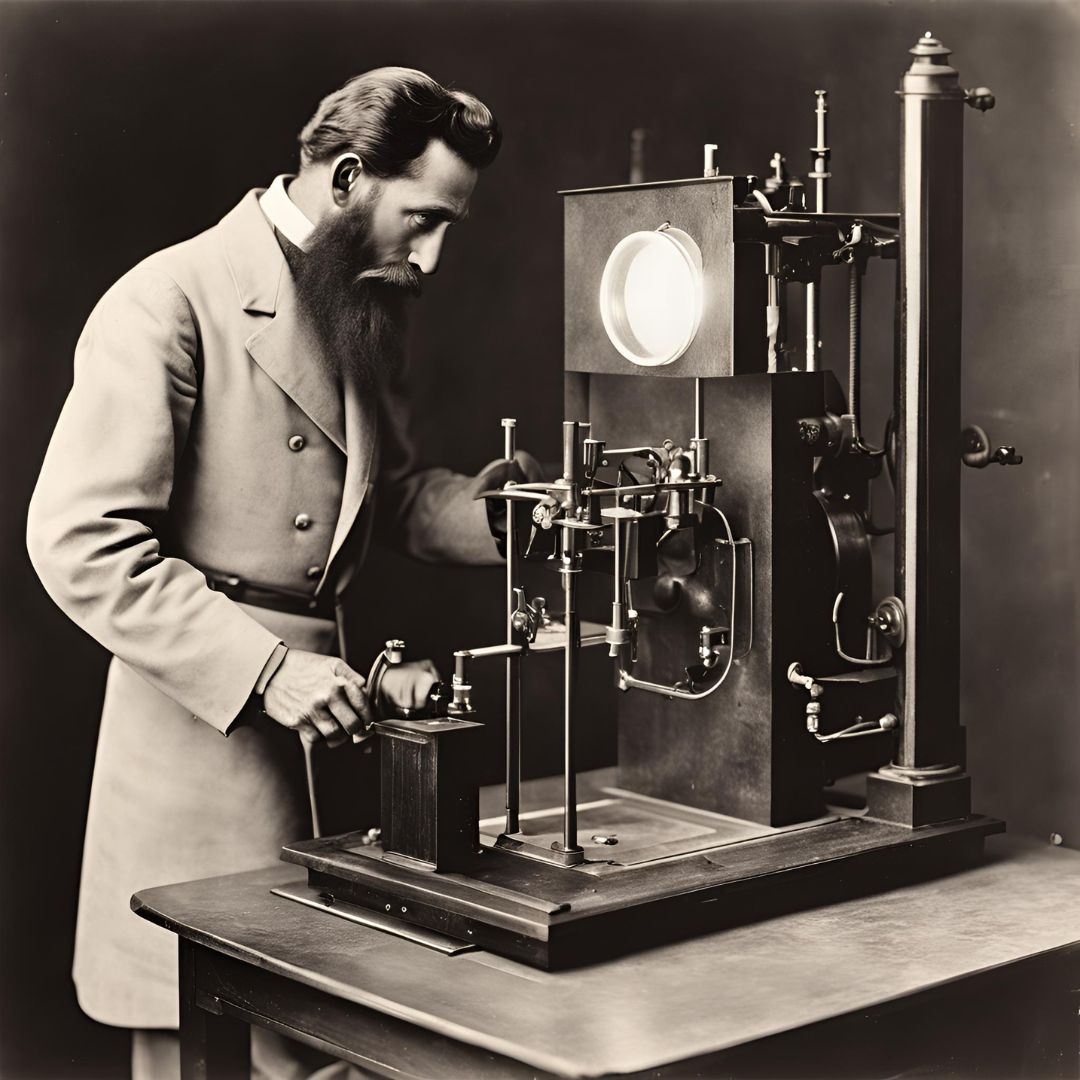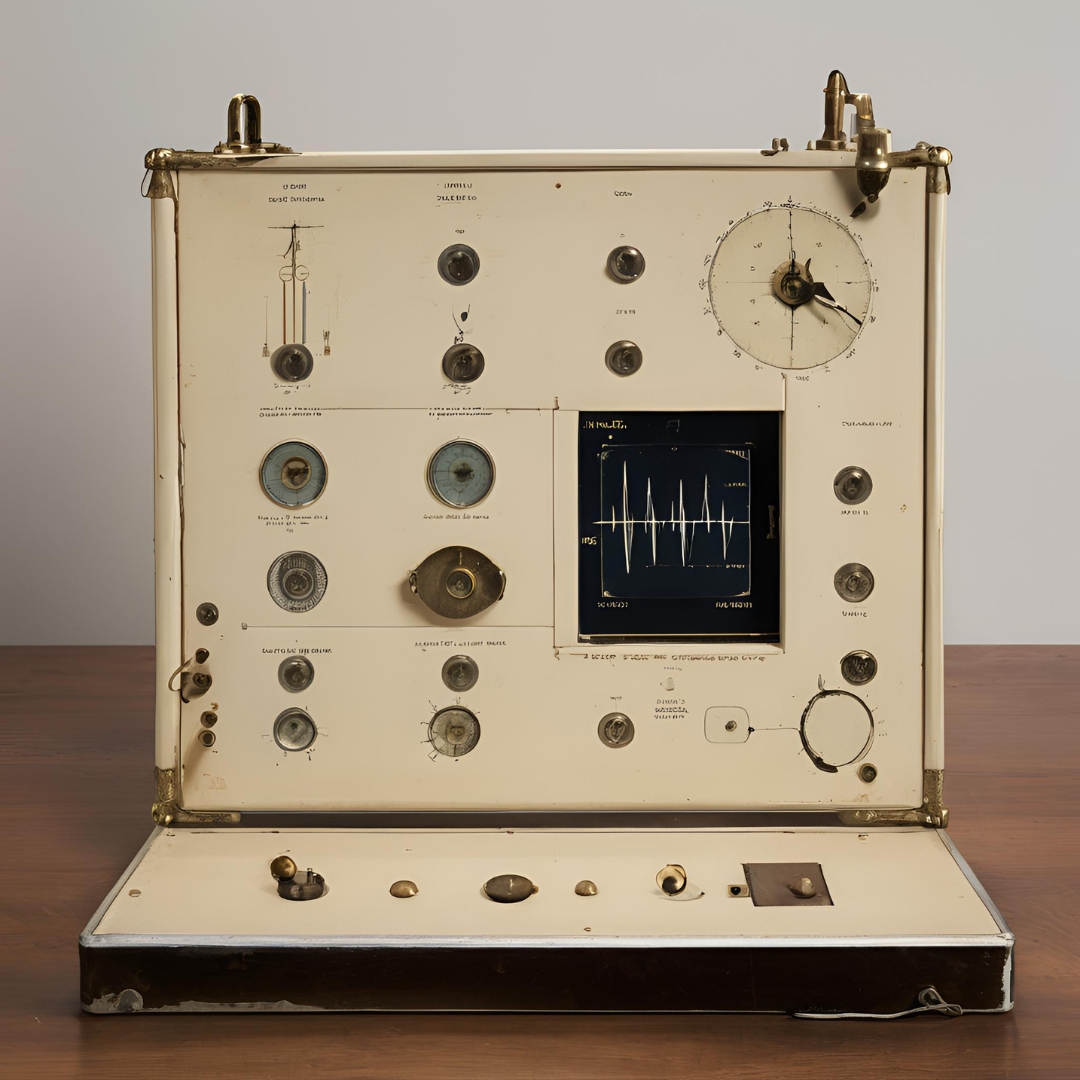Biomedical Law: My Perspective as a Biomedical Engineer
As a biomedical engineer, I’ve come to understand that technology and innovation are only part of the equation when it comes to advancing healthcare. Equally important is the legal framework that governs our work. Biomedical law plays a crucial role in ensuring that new medical technologies are safe, ethical, and accessible. Throughout my career, I’ve learned that staying informed about the legal landscape is just as vital as staying on top of the latest engineering advancements.
Let me share with you how biomedical law intersects with my work as an engineer and why it’s so essential in shaping the future of healthcare.
What is Biomedical Law?
Biomedical law is a specialized area of law that addresses the legal and ethical issues arising from the development and use of biomedical technologies. It covers a wide range of topics, including medical device regulation, clinical trials, patient rights, intellectual property, and bioethics. For biomedical engineers like myself, understanding these laws is critical because they influence every stage of the innovation process—from the initial design of a medical device to its eventual use in hospitals and clinics.
Biomedical law helps ensure responsible use of the technologies we create and protection for both patients and healthcare providers. It establishes guidelines for conducting research, protects patient privacy, and ensures that medical products meet strict safety standards.
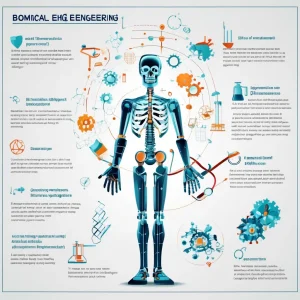
My Work with Biomedical Law
Over the years, I’ve seen firsthand how biomedical law impacts the development and deployment of medical technologies. Let me highlight a few key areas where legal considerations play a significant role in my work:
- Regulatory Approval for Medical Devices: One of the biggest challenges in biomedical engineering is navigating the regulatory landscape. Medical devices must undergo rigorous testing and receive approval from regulatory bodies like the U.S. Food and Drug Administration (FDA) or the European Medicines Agency (EMA) before they can be used in clinical settings. The regulations aim to protect patient safety by ensuring that devices meet high standards for quality and efficacy.
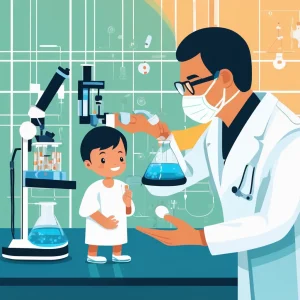
In my experience, this process can be lengthy and complex. For example, when I worked on a new medical implant, we had to conduct extensive clinical trials to demonstrate that the device was safe and effective. Every step of the process—from the design phase to testing—had to comply with strict regulatory guidelines. While these regulations can sometimes slow down innovation, they are essential for ensuring that new technologies are safe for patients.
- Intellectual Property and Patents: As a biomedical engineer, I’ve been involved in the development of cutting-edge technologies, some of which have the potential to change the way healthcare is delivered. Protecting these innovations through intellectual property (IP) law is a critical part of my work. Securing patents not only helps safeguard the intellectual property rights of inventors and companies but also encourages further innovation by protecting the time and resources invested in research and development.
However, obtaining a patent is not always straightforward. Patent law is complex, and there are often disputes over who holds the rights to certain technologies, particularly in the rapidly evolving fields of biotechnology and medical devices. As someone who works at the forefront of innovation, I collaborated with legal experts” would be an active voice alternative.
- Ethical and Legal Considerations in Biomedical Research: Biomedical law also governs the ethical aspects of research and development. Issues like informed consent, privacy, and human rights are central to the legal frameworks that regulate biomedical research. For example, when conducting clinical trials, we are required to obtain informed consent from participants, ensuring that they fully understand the risks and benefits of the research.
In my work, I’ve always been mindful of the ethical implications of the technologies we create. Biomedical law helps ensure that patient rights are protected and that new technologies are developed in a manner that respects ethical standards. This is particularly important in areas like genetic engineering and stem cell research, where the potential for misuse is high. Legal frameworks help guide these developments in a way that balances innovation with patient safety and ethical considerations.

- Data Privacy and Security: With the rise of digital health technologies and the increasing use of patient data, issues of data privacy and security have become more important than ever. Biomedical law sets the legal guidelines for handling patient data, ensuring the protection of sensitive information and giving patients control over their own health data.
In my own work with wearable health devices and medical software, I’ve had to ensure that our technologies comply with laws like HIPAA (Health Insurance Portability and Accountability Act) in the United States and the General Data Protection Regulation (GDPR) in Europe. These laws set strict requirements for how health data is collected, stored, and shared. Ensuring compliance is not only a legal obligation but also a moral responsibility to protect patients’ privacy.
Challenges in Biomedical Law
Biomedical law is essential for protecting patients and guiding the ethical use of new technologies, but it can also pose challenges for engineers and innovators like myself. Legal requirements can slow down the process of bringing new technologies to market, especially when dealing with the complex regulations across different countries.
Additionally, the rapid pace of technological innovation often outstrips the development of legal frameworks. For example, technologies like AI in healthcare and CRISPR gene editing raise new legal and ethical questions that existing laws may not fully address. As biomedical engineers, we often find ourselves in uncharted territory, working with legal experts to navigate these emerging challenges.
Why Biomedical Law Matters
Biomedical law goes beyond mere compliance—it ensures that the innovations we, as engineers, develop are used responsibly and ethically. It helps to create a framework that protects patients, promotes safety, and encourages continued innovation. Without these legal structures in place, the potential for misuse or harm could overshadow the benefits of new technologies.
For me, biomedical law represents a vital balance between progress and responsibility. It ensures our work advances healthcare while respecting the rights and safety of those who will benefit from our innovations.

Looking Forward: The Future of Biomedical Law
As technology continues to evolve, so too will the legal landscape that governs it. Emerging fields like personalized medicine, genetic therapies, and AI-driven diagnostics will undoubtedly raise new legal and ethical questions. Biomedical law must adapt to address these challenges while ensuring that innovation continues to thrive.
For biomedical engineers like myself, staying informed about these legal developments is critical. We must collaborate with legal experts to ensure our technologies comply with the law while advancing healthcare innovation.
Final Thoughts
Biomedical law is an essential part of my work as a biomedical engineer. It ensures that the devices and technologies we create are safe, effective, and used ethically. Navigating the legal landscape is challenging but essential for innovation that benefits both patients and healthcare providers.
Thank you for joining me on this exploration of biomedical law through Biomedical Diary. Together, we can continue to innovate responsibly and build a future where healthcare technology benefits everyone.
